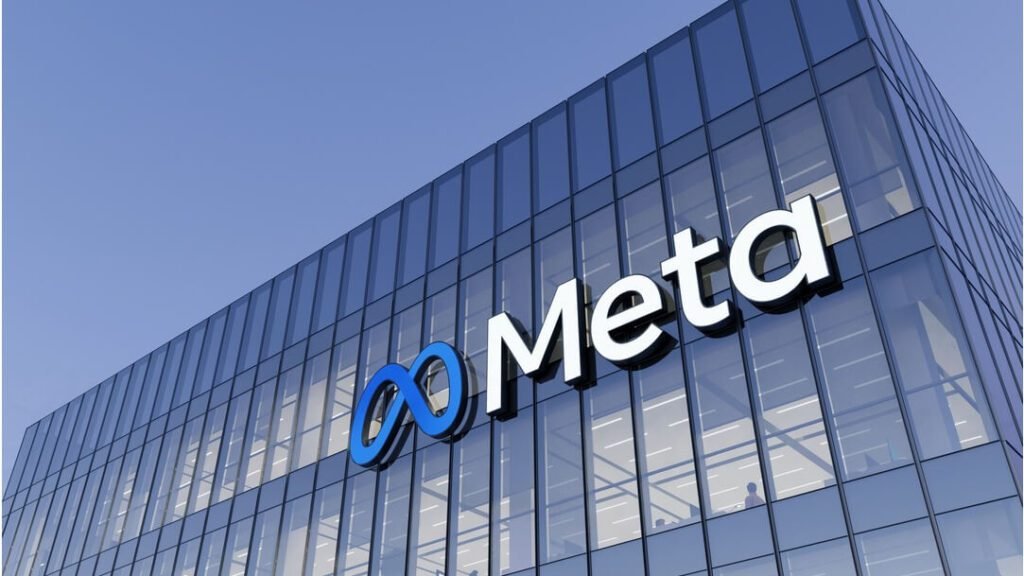Meta, the parent company of Facebook and Instagram, is introducing facial recognition technology to tackle scams using celebrities’ likenesses in advertisements. This move aims to protect public figures like Elon Musk and Martin Lewis, who have fallen victim to such scams.
These scams typically promote investment schemes and cryptocurrencies, with Lewis reporting “countless” daily instances of his name and face getting misused. Meta’s existing ad review system uses AI to detect fake celebrity endorsements, but facial recognition tech will enhance its capabilities.
Here’s how it works: flagged ads are compared to celebrities’ Facebook or Instagram profile photos. If the image matches and the ad is deemed a scam, it deletes automatically. Meta’s early testing shows promising results, and the feature will now be rolled out to a larger group of affected public figures.
The issue of celebrity scams has plagued Meta since the 2010s. Lewis previously took legal action against Facebook, which led to a reporting button and a £3m donation to Citizens Advice. However, scammers have adapted, using sophisticated deepfake technology to create realistic likenesses and videos.
Meta acknowledges that scammers constantly evolve their tactics. The company hopes to inform industry defenses against online scammers through its approach.
Facial Recognition Expands Beyond Scam Detection. Meta will also utilize facial recognition to help users regain access to locked social media accounts. Currently, this involves uploading official IDs or documents. The new method uses video selfies and face recognition to verify identity.
The system checks the selfie against the account’s profile image to confirm a match. Meta assures that video selfies will be encrypted, stored securely, and deleted after comparison. However, this feature won’t be available in areas with pending regulatory permission, including the UK and EU.









